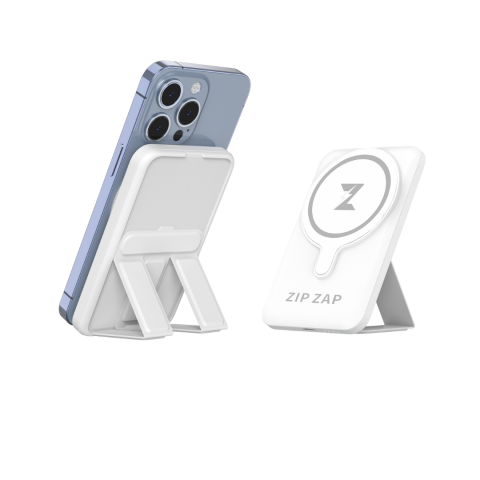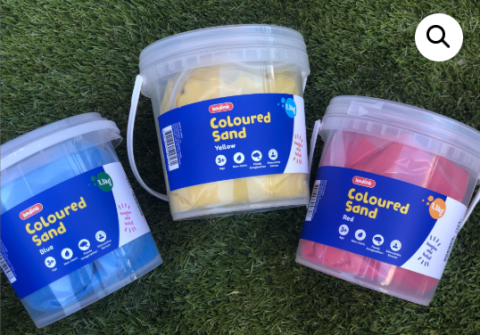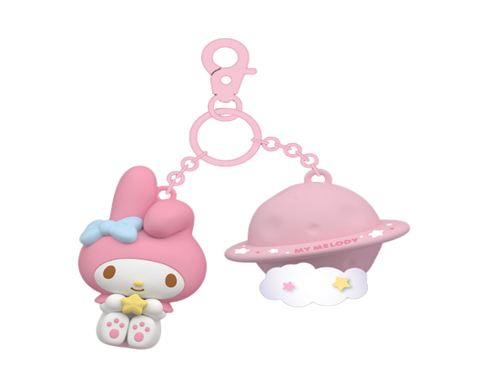On this page
Risks and injuries from the product
Inflatable toys, novelties and furniture containing beads put children at risk of inhalation, choking and suffocation. This can lead to serious illness or death.
Inhaled or swallowed polystyrene beads do not show up on x-rays. This makes it very difficult for doctors to diagnose the cause of a related illness and to locate and remove the beads.
Products the ban applies to
Toys, novelties, and furniture that are inflatable can have loose beads or small particles inside. The beads or particles can be inhaled during inflation or deflation.
These products are made from soft plastics which can burst, puncture or weaken with age, enabling children access to the beads.
Polystyrene beads are an example of a bead that if contained in an inflatable toy, novelty, or furniture product, it would be banned.
Toys that may contain beads include:
- inflatable toy hammers
- balls
- children’s chairs
- plastic lounges and footstools.
View the full details of this ban at Consumer Protection Notice No. 13 of 2011.
Penalties for supplying banned products
Supplying a banned product can result in the ACCC taking action. This may result in a:
- fine
- court enforceable undertaking
- disqualification from being a company director
- court action with penalties
- product recall.







